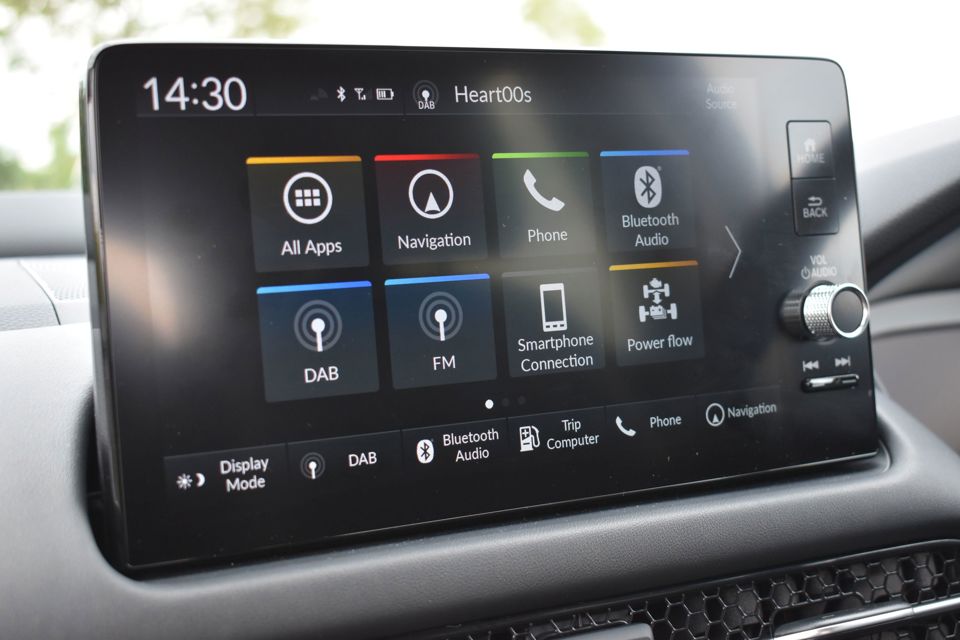An Open University project aimed at informing police officers about the dangers of driving while using a hands-free phone, resulted in a dramatic change in attitudes to their use.
The project called “We need to talk about hands-free”, was funded by The Road Safety Trust, and involved fellow academics from the Universities of Staffordshire and Keele.
While hands-free mobile phone use by drivers is not illegal, a vast body of research has shown it is no safer than hand-held phone use.
This latest project was aimed at police officers, who are at the frontline of dealing with the devastation that distracted driving can cause, to ensure they are fully informed.
There were 470 officers from England and Wales that took part in an interactive video task designed by researchers at the Open University (OU).
Having watched the interactive video, officer attitudes to the safety of legal hands-free mobile phone use by drivers dramatically changed, with 88% reporting that, in future encounters with phone-using drivers, they would explain the dangers of all phone use, not just hand-held use.
Now Chief Constable Jo Shiner, the National Police Chiefs’ Council (NPCC) lead for roads policing, is urging drivers to carefully consider the findings.
“I welcome any research which progresses our understanding of risk and how it can be removed from our roads,” she said.
“This is a positive step forward in terms of preventing harm and reducing fatal and serious collisions. This work should be applauded and carefully considered by everyone who uses the roads.”
The NPCC is currently running a campaign, which lasts until March 10, to crackdown on people being distracted by their mobile phone whilst driving.
Ruth Purdie, chief executive of The Road Safety Trust, said: “Evidence shows that hands-free is as dangerous as physically using a mobile phone.
“The cognitive distraction can increase crash risk, reduce hazard detection, and lead to poor situational awareness.
“Therefore, it is vital, as this report highlights, that police officers are not recommending hands-free as a safe alternative to illegally using a hand-held device.
“We hope this project can shine a light on the issue and provide officers the guidance they need when encountering offenders.”
Professor of applied cognitive psychology at the OU, Gemma Briggs, explained that the research “emphatically demonstrates” that hands-free phone use is no safer than hand-held phone use due to the cognitive distraction it causes.
“The problem is not many people realise this, and many resist these research findings,” she said. “This project has highlighted the importance of the advice that is given being focused on safety, not just legality.”
Existing research shows drivers using either a hand-held or a hands-free phone are four times more likely to be involved in a collision, often fail to notice hazards – even when they appear directly ahead of them – and take longer to react to any hazards they do notice.
Dr Helen Wells of Keele University, senior lecturer in criminology, who was also involved in the research, said: “When a police officer stops someone for using their mobile phone illegally, they have an opportunity to give safe or unsafe advice to a driver.
“Our project means that more officers will now give advice that will keep drivers safe, not just keep them out of trouble with the law.”
Staffordshire University’s Dr Leanne Savigar-Shaw, who is a senior lecturer in policing, added: “We hope that this research helps to open-up conversations between police officers about the risks of using hands-free devices and continues to inform their interactions with drivers.
“That is important to support efforts to improve the safety of our roads.”





















Login to comment
Comments
No comments have been made yet.